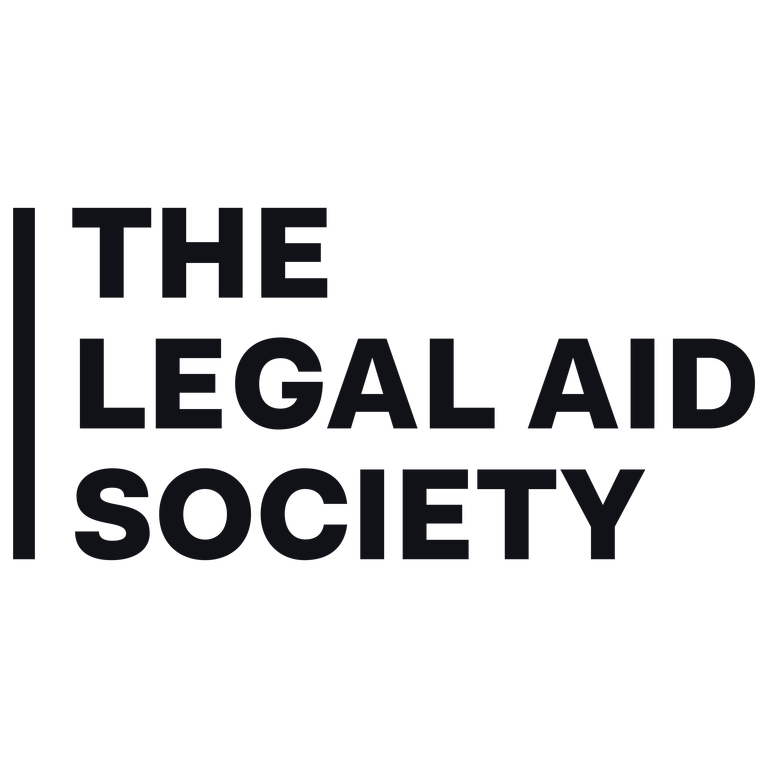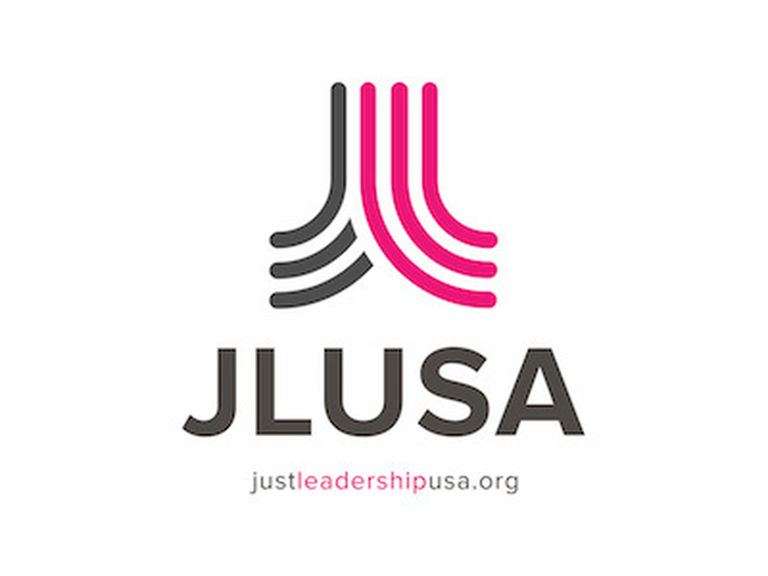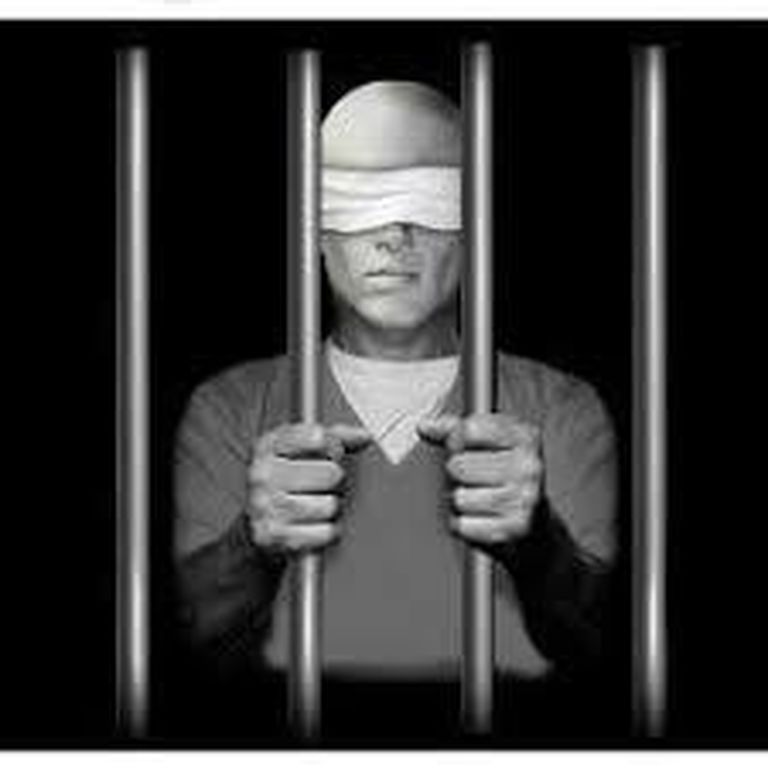Thanks to a diverse and devoted coalition of defenders and advocates, the legislature rejected the most harmful rollback efforts in 2022.
In 2019, New York enacted comprehensive discovery reforms to ensure that New Yorkers accused of crimes have timely access to the most important information in their case, bringing New York’s discovery law in line with those of the rest of the country.
Since then, law enforcement and prosecutors have continued to push for further rollbacks to discovery. Thanks to a diverse and devoted coalition of defenders and advocates, the legislature rejected the most harmful rollback efforts in 2022. The new changes to discovery laws in the FY2023 New York State Budget clarify and enhance discovery efficiency. We WILL KEEP FIGHTING TO PROTECT FAIR DISCOVERY LAWS.
visualizations
What is Discovery?
Discovery is the process by which prosecutors share information with the defense. Police reports. Witness statements. The name of an accuser. Video surveillance. Information about eyewitnesses. Crime scene photos. 911 calls. Medical Records. DNA results. A note on a little slip of paper that could lead to exoneration. All the information the prosecution has related to the case.
tabbedContent
What Problems were addressed by the 2019 discovery law?
Impaired Legal Representation
Without timely access to evidence, defense attorneys can not conduct the investigations, research, and analysis necessary for their clients to receive a complete defense.
Discovery reform requires prosecutors to disclose all relevant materials to defense attorneys on an accelerated timeline before trial, maximizing attorneys' ability to prepare a complete defense.
Pre-trial delays & incarceration
While it has never been easier to disclose information electronically in a timely manner, turnover of discovery was often inexcusably delayed by prosecutors, causing extensive pre-trial delays.
As a result of these delays, people spent months, or even years, in jail. In addition to the physical and mental trauma of incarceration, pre-trial incarceration can lead to loss of employment, housing, or custody of children.
The 2019 discovery law requires prosecutors to turn over all relevant evidence within 15 days of arraignment, preventing inexcusable delays and minimizing pre-trial incarceration. Extensions are permitted if the evidence is particularly voluminous.
Uninformed Pleas
Before the 2019 discovery law, prosecutors were allowed to withhold evidence until the day of trial. In the majority of cases, people were compelled to plead guilty without seeing the evidence against them.
Access to discovery ensures that people are given the facts to make informed plea decisions.
Wrongful Convictions
Before 2019, New York led the country in wrongful convictions, many of which were the product of prosecutors concealing information from the defense.
Often, access to discovery is the difference between a guilty and innocent verdict. Discovery reform minimizes the likelihood of wrongful convictions.
copy
tabbedContent
What changes were made to the 2019 discovery laws in the FY2023 New York State Budget?
Additional Funding for Prosecutors
An additional $40 million in state funding has been allocated to prosecutors to enhance discovery compliance. These measures will likely include hiring more staff and creating systems to better manage and transfer records.
Notification Protocol for Incomplete Discovery
If discovery is incomplete, the party receiving discovery must now notify the filing party of known missing evidence as soon as practicable. Notably, this change does not shift the burden to the defense to request discovery as the defense may never know the universe of complete discovery. The burden is limited to items that the defense knows are missing.
Supplemental Certificates of Compliance
If a new piece of evidence is shared after the discovery period, the filing party must now submit a supplemental certificate of compliance explaining the reason for delay and efforts made to obtain and turn over the additional discovery so that the court can continue to make due diligence and good faith inquiries.
Discovery Exemptions for Traffic Cases
Prosecutors are now exempt from the requirement to automatically fulfill discovery requirements for traffic infractions as long as they do not entail a possible jail term. If discovery is needed to resolve such a case, defense attorneys must file a motion to request it.
copy
What's at stake.
Imagine heading into trial. Your life, family, career, freedom is on the line. And you haven't seen any evidence. Imagine being forced to make the most important decision of your life, whether to plead guilty or not, and you don't even know who is accusing you. That was the reality for New Yorkers before discovery reform.
visualizations
copy
Before discovery reform, the law did not require the District Attorney to share documents and evidence with the defense. Therefore, each could decide what their policy will be. In most of the state, prosecutors turned over nothing until trial.
copy
Exhibit A.
Discovery enables a complete defense.
anchor
anchor
copy
Exhibit B.
Discovery prevents wrongful convictions.
anchor
anchor
copy
Exhibit C.
Discovery allows for
informed plea decisions.
anchor
copy
Exhibit D.
Discovery ensures fairer & more expedient case outcomes.
copy
New York had already fallen behind.
By the time New York passed the 2019 discovery reforms, New York had already fallen behind the discovery laws and practices of the rest of the country. most other states had passed discovery laws that provide the accused with critical information early in the case before 2019, including Georgia and Texas.
pullquote
“Texas is known as a law and order state. With that tradition, however, comes a very powerful responsibility to make sure our judicial process is as transparent and open as humanly possible.”
anchor
copy
Keep fighting for discovery
If efforts to roll back discovery laws arise again, do not be fooled by attempts to characterize major rollbacks as mere "tweaks" or inconsequential "fixes". The previously proposed amendments to relax rules would have effectively gutted the 2019 discovery law.
New York must never return to the discredited “blindfold” era of criminal discovery, with prosecutors exercising an information gatekeeping function over the defense.











